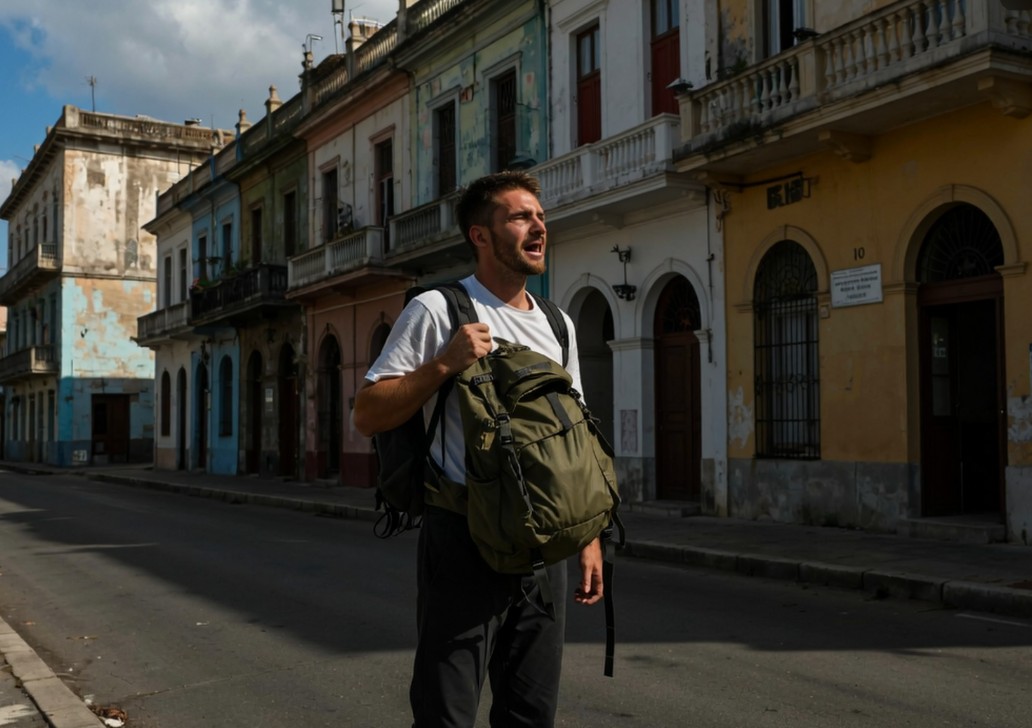News / Reviews / Analytics / Real Estate / Вusiness / Investments / Tourism & hospitality 29.10.2025
“Season of Strict Rules”: How Cities Around the World Are Tightening Short-Term Rental Laws — And What It Means for Guests, Hosts, and Investors

Not long ago, “an apartment for a couple of nights” seemed like an unquestioned norm. Today, the trend is reversing: major cities across the world are introducing host registries, night limits, fines, and even technical listing removals. Latin America is no exception — and, alongside Europe and North America, its regulatory wave is accelerating. Below is a fact-checked summary based only on official documents and credible sources.
Latin America: From Host Registration to Frozen Payouts
Mexico City, Mexico. On April 4, 2024, the city’s Congress approved amendments to its Tourism Law, introducing mandatory host and platform registries, new reporting requirements, and obligations for short-term rental services (Airbnb, Booking, and others). The law was published in the Official Gazette of Mexico City and explained by government officials and major media.
By late 2024, lawmakers went further — limiting short-term rentals on platforms to no more than six months per year. Implementation in 2025 remains delayed due to court challenges, as acknowledged by both local media and city authorities.
Buenos Aires, Argentina. Since 2019, Law No. 6.255 has required registration of short-term tourist properties and imposed obligations on platforms. The Buenos Aires tourism department regularly reminds operators about these rules, and in 2025 the city issued updated regulations clarifying procedures and sanctions.
Brazil. Federally, Congress has debated Bill No. 2795/2024 — a national “short stay” framework for regulating digital rental platforms. Several cities have already moved ahead: in May 2025, São Paulo’s mayor signed a decree restricting Airbnb-style rentals in social housing complexes and strengthening inspection powers.
Cuba. In early 2025, Airbnb suspended payouts to hosts inside the country, requiring them to switch to foreign bank accounts. Calendars for many hosts disappeared, and new bookings became impossible — effectively a “freeze” of the platform for users tied to Cuban financial systems. This was reported by El Toque, Havana Times, and Cuba Trade.
Europe and North America: Rules Are Already in Place
New York, USA. Since September 2023, Local Law 18 has mandated registration for all short-term rentals, leading to mass removals of unlicensed listings — a policy still actively enforced in 2024.
Barcelona, Spain. In 2024, the city announced plans to ban tourist apartments entirely by 2028, one of the toughest measures in the EU.
Paris, France. Current rules allow hosts to rent out their primary residence for up to 120 nights per year, with registration required. Authorities monitor compliance through digital tracking and spot inspections.
Amsterdam, Netherlands. Home sharing is limited to 30 nights per year and requires a registration number; longer rentals need a city license.
Portugal. The Mais Habitação housing package (2023–2024) curtailed new AL licenses in several zones and increased tax and administrative burdens on the STR sector.
British Columbia, Canada. The Short-Term Rental Accommodations Act (effective October 2024 – May 2025) introduced the “primary residence” rule and expanded enforcement powers.
Japan. The national Minpaku law caps unlicensed short-term rentals at 180 days per year, with mandatory registration and management requirements.
Why Cities Are Cracking Down
Municipalities cite pressure on housing supply, neighborhood noise, safety concerns, and the need for fair competition with hotels. The global pattern — registration, night limits, “primary residence” requirements, and tourism taxes — is confirmed by official legislation and industry reports.
What It Means for Guests, Hosts, and Investors
For guests:
— Always check if a listing includes a registration number or license (required in Paris, Amsterdam, Buenos Aires, and other cities).
— In legally disputed regions (like CDMX), monitor updates — some rules are still being reviewed in court in 2025.
For hosts:
— Register your property and follow night caps to avoid removals and fines (CDMX – registry; Paris – 120 days; Amsterdam – 30 nights).
— Watch for payment disruptions: Cuba’s case shows how sanctions or compliance blocks can unexpectedly freeze bookings.
For investors:
— Factor regulatory risk into ROI models: new limits, taxes, or moratoriums can change profitability.
— Diversify portfolios — shift part of investments from STRs to mid-term or hotel-style formats, where regulations and operations are more predictable (as seen in the EU and Canada with “primary residence” requirements).
Подсказки: Airbnb, short-term rental, housing, regulation, tourism, restrictions, Mexico, Argentina, Brazil, Cuba, Europe, Canada, Japan, investment, 2025








